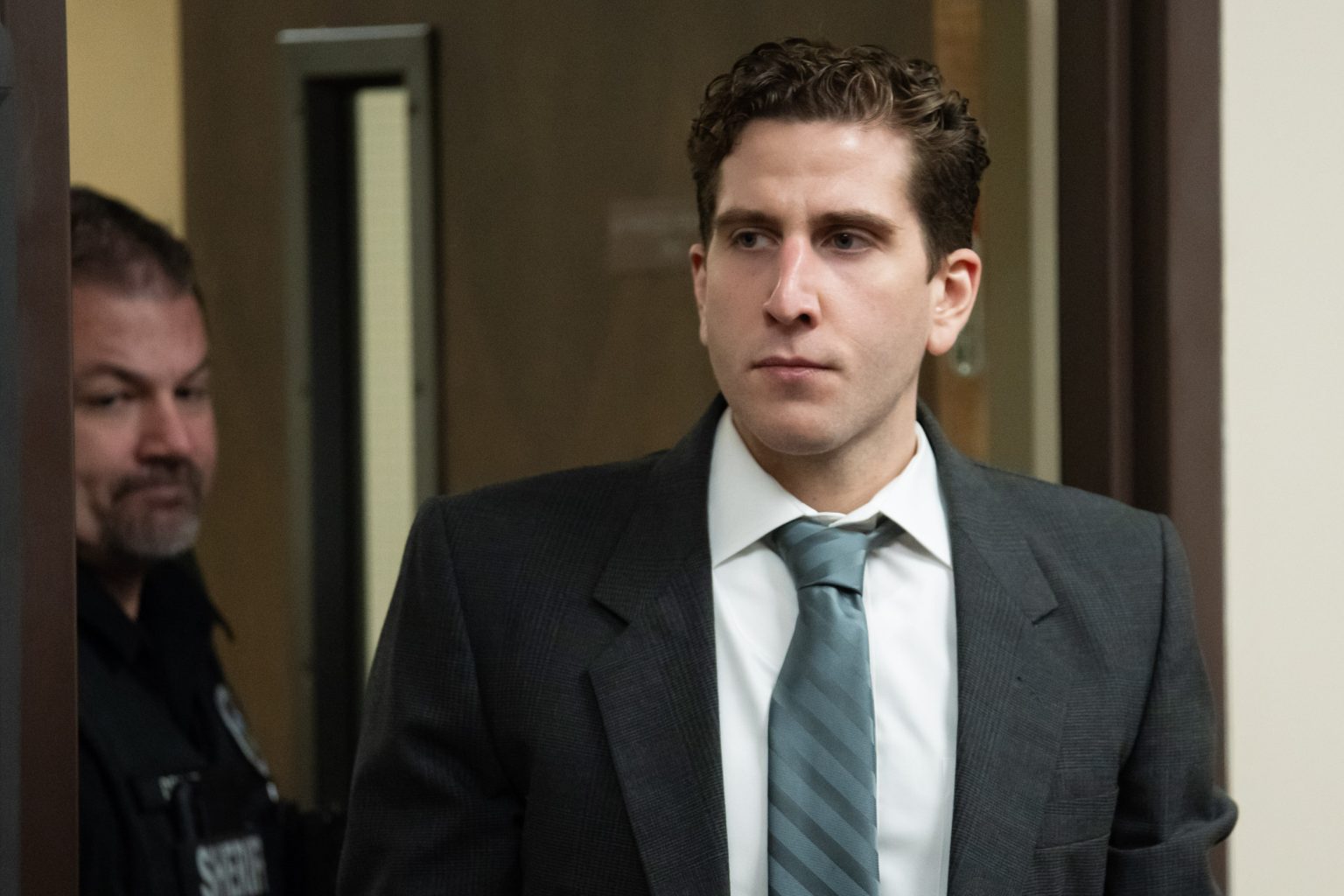The prosecution in the Idaho student murders case is urging the judge to reject Bryan Kohberger’s alibi, as they believe it does not meet state requirements to prove that he was not at the crime scene. Kohberger is facing four counts of murder and one count of burglary related to the deaths of University of Idaho students Kaylee Goncalves, Madison Mogen, Xana Kernodle, and Ethan Chapin. The defense plans to argue that he was elsewhere at the time of the murders, and prosecutors are seeking the death penalty in the case.
Prosecutors are challenging Kohberger’s alibi in a written response released on Monday, stating that it lacks the specificity required by Idaho code. The alibi claims that Kohberger was driving around areas south of Pullman, Washington, and west of Moscow, Idaho, including Wawawai Park, at the time of the homicides. The defense team is requesting that forensic genetic genealogy records used by the FBI to identify Kohberger as a suspect be made public, arguing that there is no reason to shield this information from the public.
The prosecution is asking the judge to place limitations on Kohberger’s alibi and to clearly define the claims they must refute. Kohberger’s alibi includes reference to the location of his cell phone at the time of the murders, but the prosecution argues that this information is not proof of his specific location at the time of the homicides. The judge will decide whether an upcoming pretrial hearing should be public, with prosecutors wanting it to be closed to the public and the defense calling for an open setting.
An upcoming hearing on June 27 may change the trial location, focusing on moving the trial out of Latah County. The defense team has been granted permission to continue their phone survey of potential jurors, despite the prosecution’s challenge to the practice. The judge ruled that the team could proceed with the survey with no adjustments to the questioning, allowing them to gather information that they believe is beneficial to their case. Newsweek is committed to challenging conventional wisdom and finding connections in the search for common ground.


